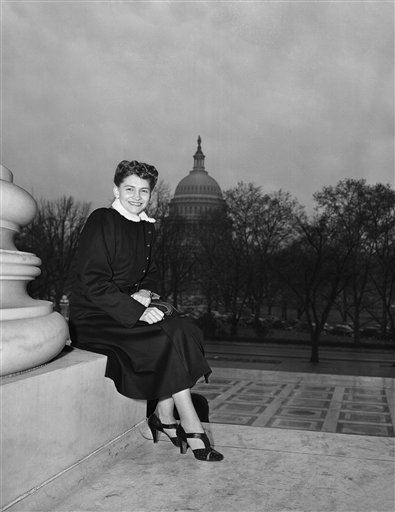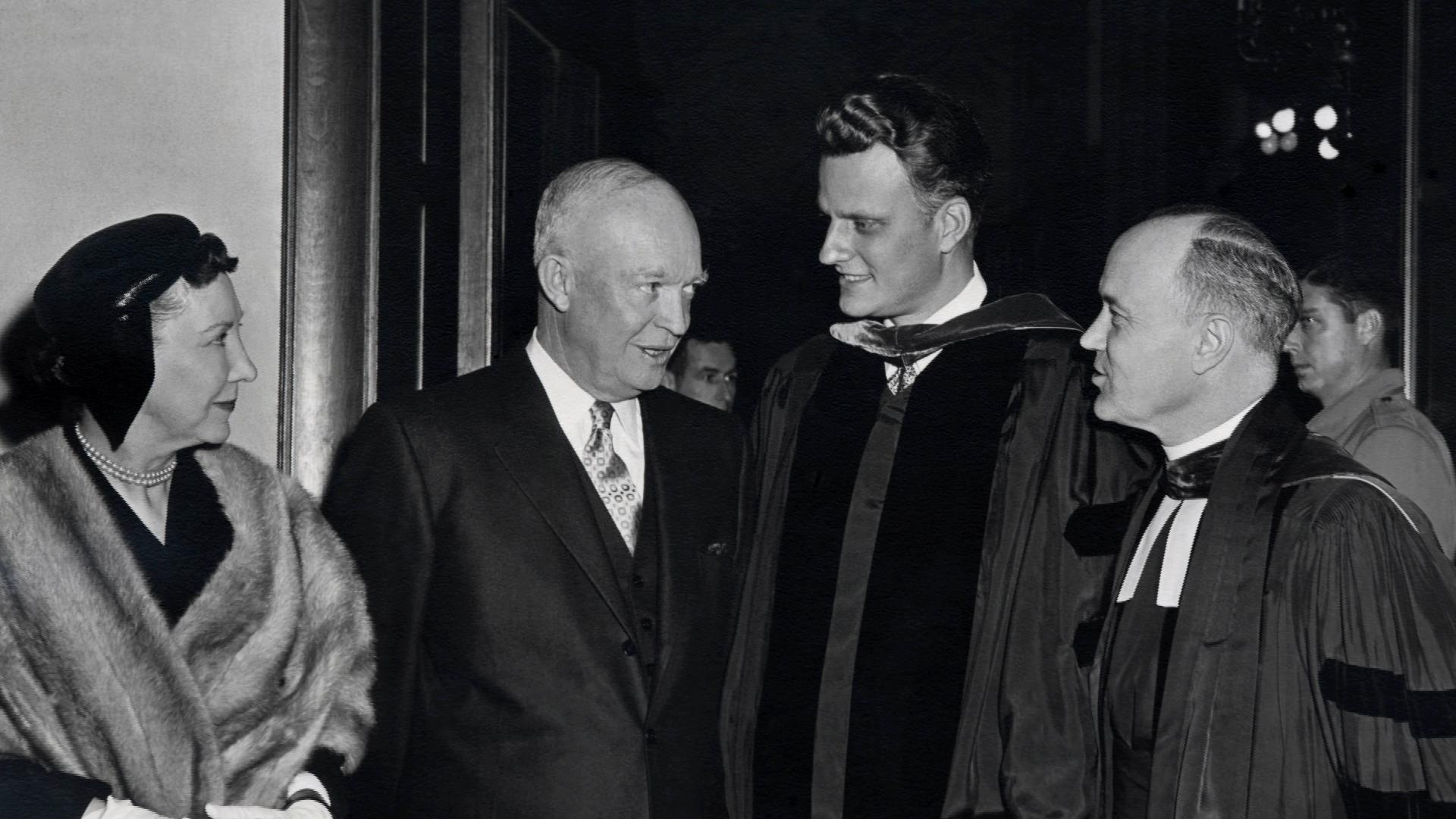Maxp
Well-known member
- Joined
- May 17, 2019
- Messages
- 470
- Reaction score
- 782
Offline
Driving back to south Alabama from Tennessee last Thanksgiving I was passed by a sheriff's deputy whose patrol vehicle had "IN GOD WE TRUST" printed on the side. The labeling was as large, if not larger, than the word "POLICE." This happened in one of the northern counties, not sure which one. It was a surprisingly jarring moment for me. In my mind, this was screaming passed the line of separation of church and state. Then today, I noticed a local Baldwin County sheriff's department vehicle with the same phrase printed much smaller on the back of the patrol vehicle. My personal belief is that all such verbiage on public property should be removed, especially when it's on law enforcement vehicles.


